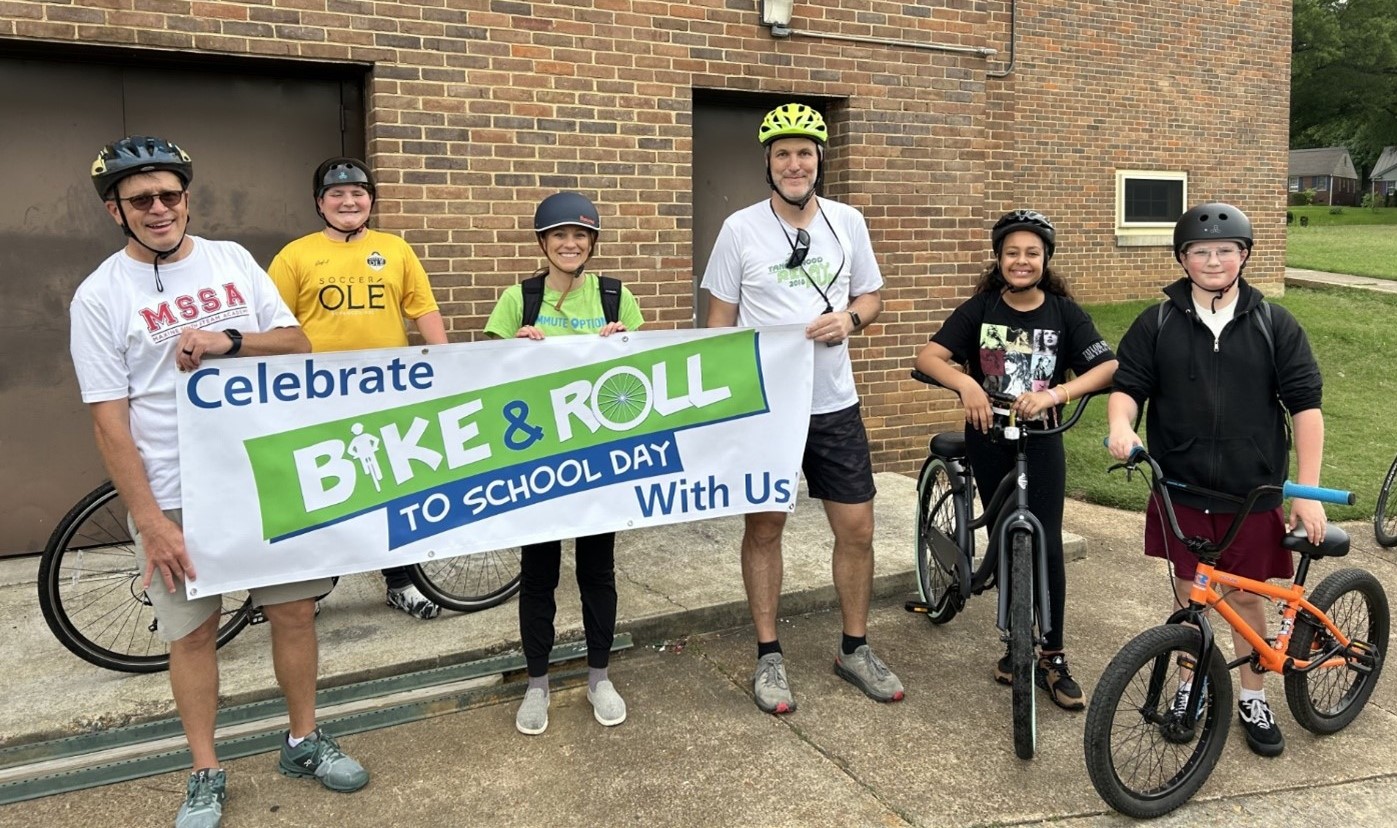
Family caretakers are going back to work. Here’s what this means for seniors.
BlogIf the disruption posed by the COVID-19 pandemic did have silver linings, one impact for families was an increased availability to care for vulnerable loved ones as they worked from home or left the workforce altogether. A significant number of these caregivers, researchers demonstrated, have been women.
But with vaccines now widely available and case levels receding across the country, many companies are shifting their focus toward returning to in-person work. And as employees return to the office, many families will now experience familiar difficulties in getting senior members to and from essential medical appointments.
This challenge is often overlooked in public narratives around healthcare. But insufficient transportation options are a demonstrated barrier to high-quality care that can have a direct, negative impact on outcomes. Care plans and medications prescribed by doctors often end up going unfulfilled. A scramble for a vehicle results in emergency situations. And frequently, even when relatives are able arrange their schedules so they can give their parents, grandparents or others rides to their appointments, the time windows they have often do not match when a doctor or specialist can see them.
From our experience providing a safe and personalized pathway to medical transportation for disadvantaged and vulnerable seniors, here are a few effects on this cohort we predict that the shift back to the office will have.
Family members may face benefit problems in the short-term.
Until benefit policies like sick leave and paid time off are adjusted across the economy/at all levels, many workers will have used up most or all their time to transport loved ones or participate in their care.
Some people may also not even be allowed to use their allocated sick time in this way, or may have jobs where there are no or only discretionary guarantees for family-related time away from their roles.
Companies will pay more attention to workers’ family needs.
Models for family caregiving have changed markedly, demonstrated by the federal government injecting fresh funding into the “caregiving economy.” But by no means do all the 53 million Americans who provide some form of unpaid care completely exit the workforce to do so.
AARP also notes that significant racial disparities exist in terms of the intensity of care loved ones provide, with Black American and Hispanic American caregivers more likely than their white counterparts to help with things like medical and nursing tasks.
As a result, policies surrounding paid and unpaid leave will need to grow and change to accommodate the needs of seniors being cared for by children and relatives.
At the very least, family responsibilities will gradually be universally recognized to mean more than simply leaving work to pick up a sick child, but indeed, to help facilitate an elderly loved one’s access to the care they require.
Seniors will face less consistency in ride access
In some ways, this is the most obvious consequence of a widespread return to work. Frequently, seniors do not live close enough to their care providers to walk or take public transportation, particularly those in disadvantaged neighborhoods. They may live far away from the particular doctor or specialist they need to see in order to receive proper care. And even for those who are close by, physical or mental impairments can make it unsafe for them to travel on their own.
Public transportation and hospital-based transportation services are sometimes an answer, as are ride sharing apps like Uber and Lyft.
But public transportation may have limited routes, not arriving close enough to either the destination or the source without walking or a car ride in between. And rideshares come with an upfront cost that seniors on fixed incomes simply cannot afford.
In other words, whatever gaps exist in communities will become wider.
Alternatives to public transportation and rideshare will become even more needed.
To fill these gaps, seniors and their families will be searching for a “third way” – a transportation solution with the convenience of rideshare but the relative affordability of public transit or car trips from family members.
In Memphis, we already provide this infrastructure thanks to dedicated community partnerships, and a single phone call is able to help seniors secure a free ride with no downloads or upfront costs involved.
The specific answer to how seniors will be able to access the care they need, as ride options within the family become less feasible due to a return to work, will obviously vary case by case. But just as family caretakers became a solution during the work-from-home trend, it will be important for people to have new options, adjusted to this new “new normal.”
©2024 Innovate Memphis. All Rights Reserved
Created by eBiz Solutions.


